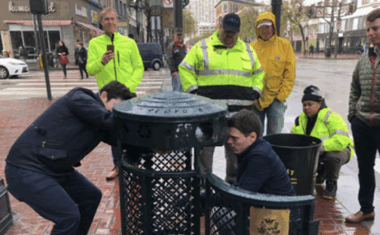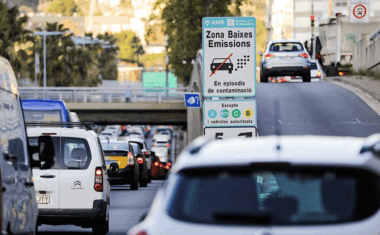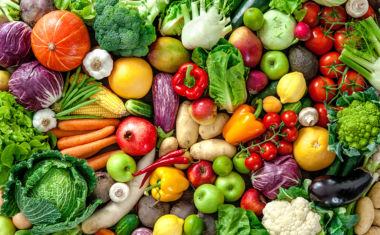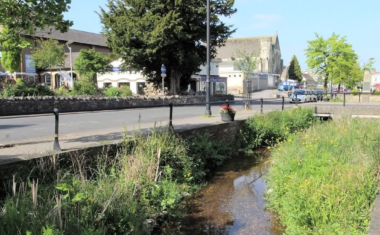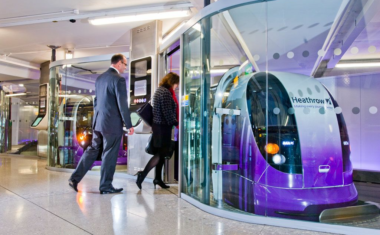Waste Plastics Roads
- 6 min to read
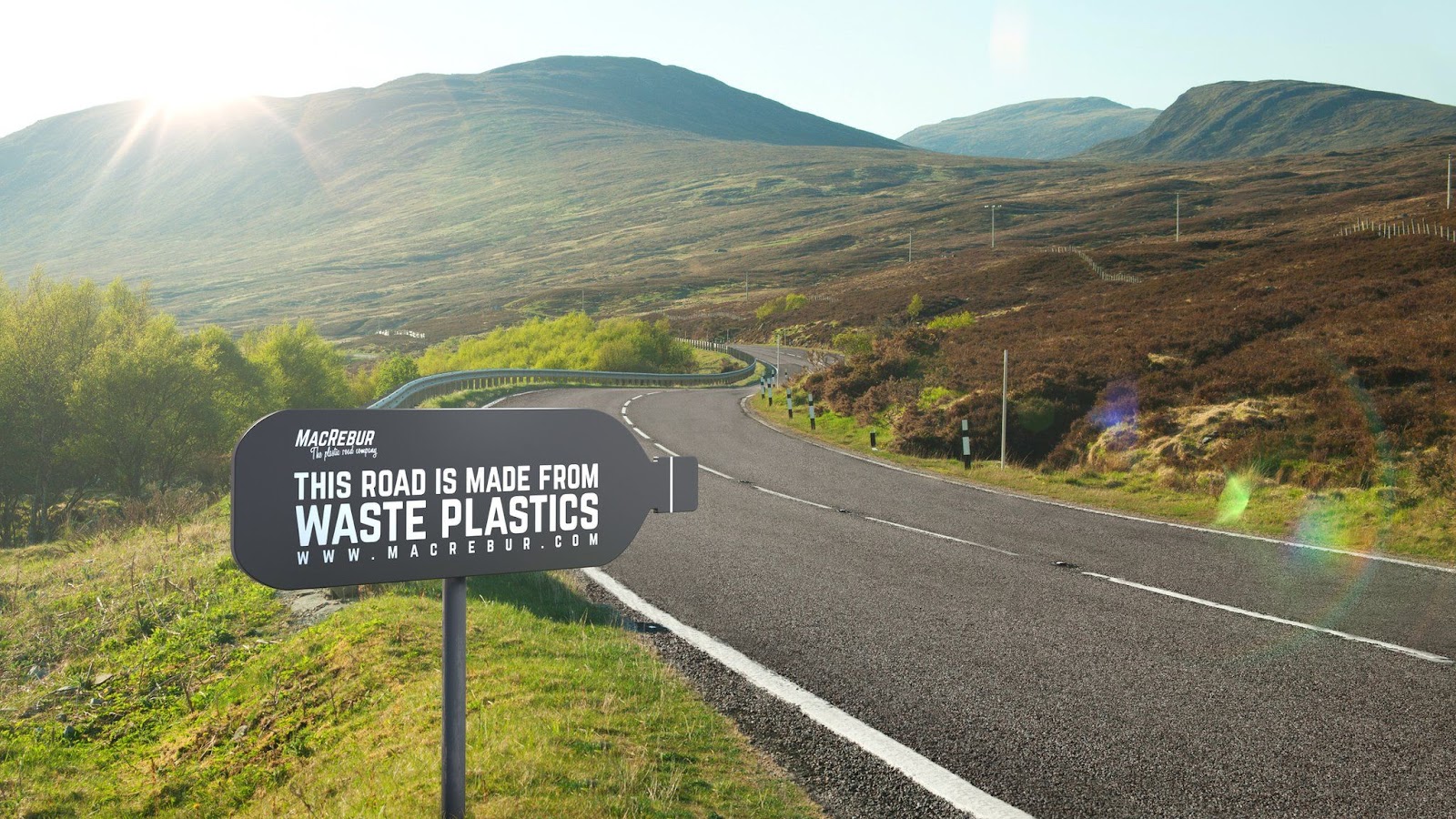
Carlisle, Cumbria, UK
About the city. This year the UK Department for Transport has earmarked £1.6m to extend the use of plastic roads in Cumbria in particular as part of the Government’s investment in researching methods to prevent potholes.
Goal
MacRebur’s mission is to help solve the waste plastic epidemic and the poor quality of roads people drive on around the world today.
Implementation period. The first small section of the A6 road was resurfaced into the “plastic” in Carlisle in late 2016.
Fact
500 tonnes of plastic household waste the council collects in Cumbria each year.
Solutions
MacRebur was formed in 2016 to develop recycling techniques one of its founders had witnessed in action on roads in India.
The company starts by collecting plastic waste from both household and commercial use — 40% household and 60% commercial. Afterwards, they use a granulator to turn this chunk of waste into small pellets of no more than 5mm. They then mix these plastic pellets with a “secret” activator. The company claims is what “makes the plastic bind properly” into roads.
MacRebur’s technology replaces a significant portion of the bitumen. As such, this results in a reduction of carbon footprint and enhancement of asphalt performance at the same time.
MacRebur products are made from non-recyclable waste plastics that were destined for landfill or incineration.
150,000 tonnes of asphalt is used in Cumbria annually.
If just ten per cent of the asphalt used in Cumbria alone was made using MacRebur, 800 tonnes of plastic waste would be required. That’s more than 500 tonnes of plastic household waste the council collects in Cumbria each year.
Sites in Cumbria have been using the product for some years now and MacRebur hopes it could replace some 0.3% of asphalt (6% of bitumen in the mix) with recycled plastic.
The construction of the UK’s first plastic waste highway in Carlisle, funded by the Department for Transport, has been completed. Cumbria County Council is investing around £ 150,000 in a resurfacing scheme using MacRebur’s recycled plastic waste road product.
The work, carried out by council contractor Hanson, included replacing a worn-out section of roadway with a new surface and is designed to make rides smoother and safer.
The Lowther Street works cover over 3,000 square meters of the road network, and an estimated 238,958 single-use plastic bags have been salvaged from the landfill.
Road testing first began in January 2019, and since then the Department for Transport has allocated £ 1.6 million to expand the use of plastic roads in Cumbria as part of the ADEPT Smart Places Live Labs program to invest in testing the sustainability and suitability of plastic additive waste in road construction.
Challenges
There had been misinterpretations of MacRebur product in the media.
MacRebur confirmed that plastic bottles and bags with a melting point higher than 170C are not suitable for its process.MacRebur research confirmed that around 30% of all plastics that goes into household waste have the right polymer that the company can use.
Team
MacRebur Plastic Roads company and Cumbria County Council
Timeline
To date, McCartney’s business, MacRebur Plastic Roads Company, has provided plastic pellets for roads in the United Kingdom and the Gulf, as well as Canada, Australia and New Zealand.
With each km of road laid using MR products, the company use up the equivalent weight of 684,000 bottles or 1.8 million one time use plastic bags.
If you notice an error or inaccuracy in our editorials, please email [email protected] so we can look into it.

